I lost my grandfather recently. He was 94 when he passed away. It was the first death in the family that I closely witnessed. When I stepped through the main door, he was lying on the floor in the verandah. Why the floor? My aunt whispered to me that the moment you die, your body has to be removed from the bed.
Hinduism comes loaded with hundreds and thousands of such beliefs and rituals that have to be executed after a person dies. In Indian culture, death rituals hold immense significance as they bridge the departed soul and the living. However, what struck me in that environment was that men were taking a front role in this aspect of life as well. All of this made me realise the passive and powerless role women have and the gender disparity during the entire cremation process.
All of this made me realise the passive and powerless role women have and the gender disparity during the entire cremation process.
My grandmother spent more than 60 years married to my grandfather. She was dealing with the greatest loss among all of us and was made to sit in a corner room surrounded by many female relatives. Her husband lay on the floor in the next room. She was mentally exhausted and physically old. Despite her many requests, she was not allowed to spend the last few hours with him.
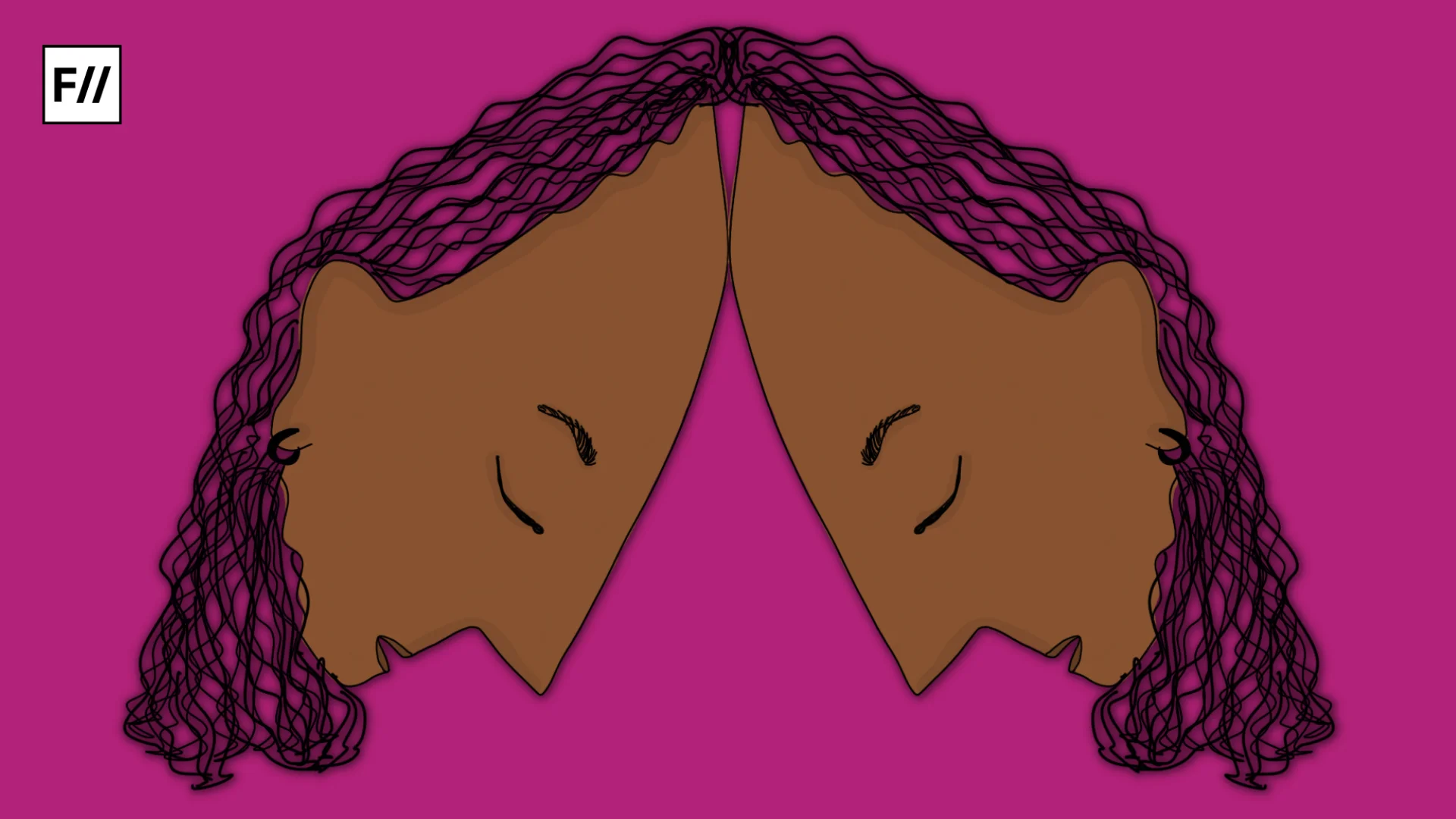
People kept coming and going, all determined to follow the next set of rituals. None of them seemed concerned about my grandmother’s grief. My father, brother, uncles, male cousins, distant uncles from the village, and a male priest were all in full event management mode. They were busy arranging for coconuts, flowers, wood, white clothes, water, and refreshments for the house full of guests. What were the women in the house doing?
Modernity fades, gender disparity flares
My mother and aunts were in the kitchen preparing tea for the guests. The tea was continuously being served as the influx of guests never stopped. Some of my aunts and neighborhood women were sitting with my grandmother. My sisters and I were asked to serve water or tea to everyone. So, to be very specific, we were still given very gender-specific roles.
Amidst all the modernity and rich tapestry of Indian tradition, a striking gender disparity persists. Men often take center stage in conducting and participating in these rituals, while women are relegated to the role of silent spectators. We are not allowed to go to the cemetery. The last fire to the pyre is also given by the eldest male son. The last goodbyes from the female members are given at the house itself. Beyond that, only men are allowed to go.
This kind of male dominance persists in Indian households across all societal strata where men hold authoritarian roles perpetuating gender disparity. Personally, it is very frustrating for me to attend such family gatherings. More than mourning the loss of my grandfather, I felt frustrated seeing my grandmother’s powerless situation. At such gatherings, I feel that to be heard, I have to shout out loud.
More than mourning the loss of my grandfather, I felt frustrated seeing my grandmother’s powerless situation.
I am under constant pressure to prove myself in order to be taken seriously. It has become a very exhausting environment for women like me. This is the key reason I avoid going there in the first place. In a modern urban setup, you can still bury gender disparities under the carpet. But in such societal events, the ugly face of gender inequality is laid bare.
A call for change
There is a strong need for inclusivity and agency for women not only in other spheres of life but also during the final parting journey of their loved ones. The good news is that times are changing for women. We now hear of women taking the lead in these processions. The last rites of Sushma Swaraj were performed by her only daughter, Bansuri.
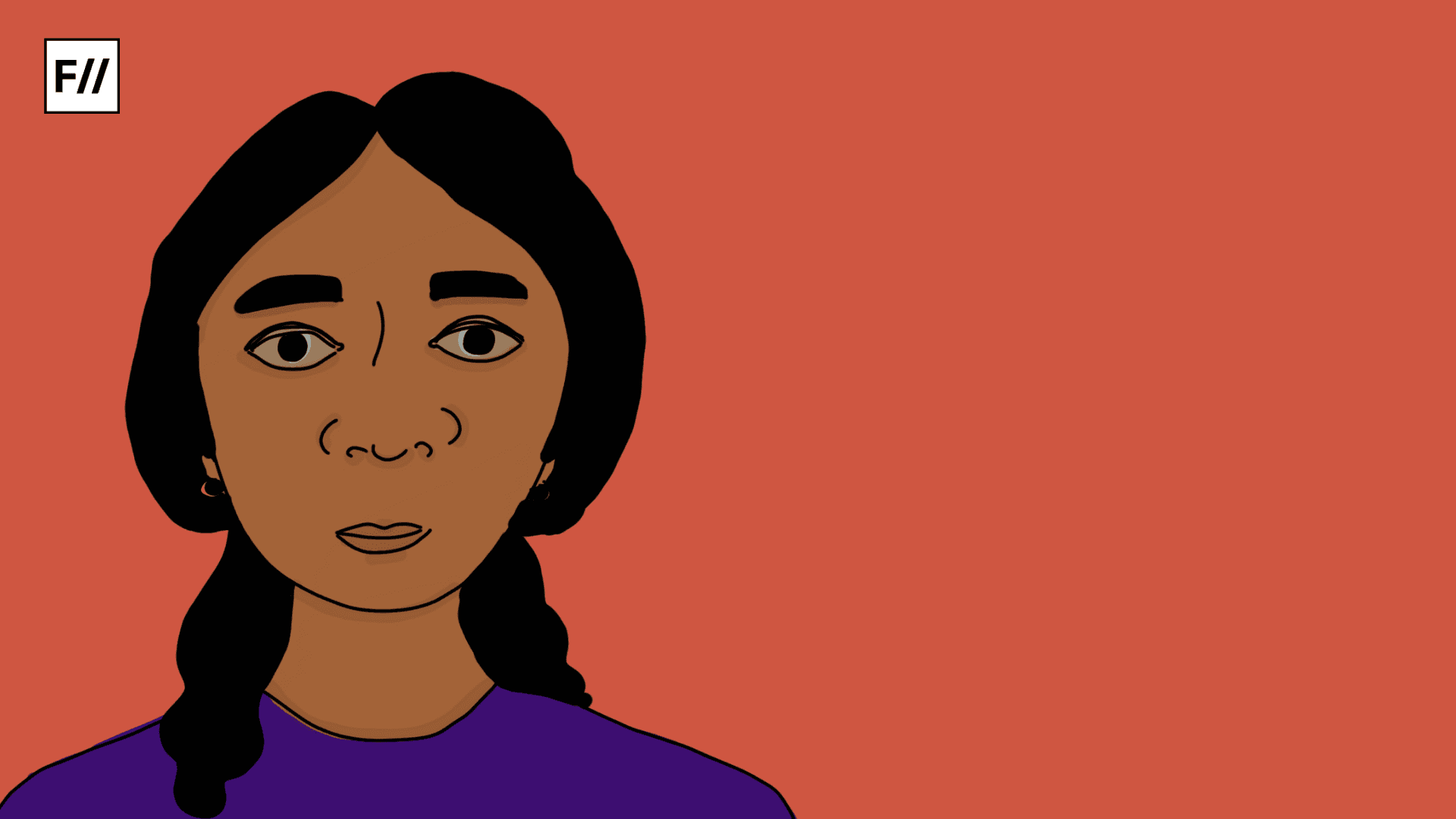
Chief of Defence Staff General Bipin Rawat and his wife, Madhulika Rawat, were cremated in Delhi in December 2021, with their daughters, Kritika and Tarini, performing the last rites. Indian actress and TV presenter Mandira Bedi has also made headlines for performing her husband’s last rites. Additionally, the daughter of former Prime Minister Atal Bihari Vajpayee performed his last rites.
Such incidents receive both praise and criticism. What exactly is the root cause of this criticism towards women leading the cremation of their loved ones? Is it channeled from the instructions in ancient religious scriptures? Well, I don’t think so!
According to Garuḍa Puraṇa, one of the ancient Hindu scriptures, the order of preference for who should perform the rituals is as follows: ‘If there is no son, the wife should perform them, and if no wife, the brother; or a Brāhmiṇ’s pupil or a proper kinsman should perform them.’
I believe the current gender dynamics are more rooted in the politics of the opposite gender, shaped by their insecurities and fears, rather than by our culture or ancient traditions.
Well, if it’s not our culture or religion that binds women from exercising their agency in the household or society, then what is it? I believe the current gender dynamics are more rooted in the politics of the opposite gender, shaped by their insecurities and fears, rather than by our culture or ancient traditions. If men can overcome these fears, women will be able to start living a life of agency.
Small steps can transform
Small steps matter here to combat the gender disparity. The “Butterfly Effect,” a theory proposed by Edward Lorenz, suggests that small, seemingly trivial events can ultimately lead to significant consequences. In line with this theory, embracing and encouraging small changes at the household level can lead to a greater phenomenon of women empowerment and gender equality.
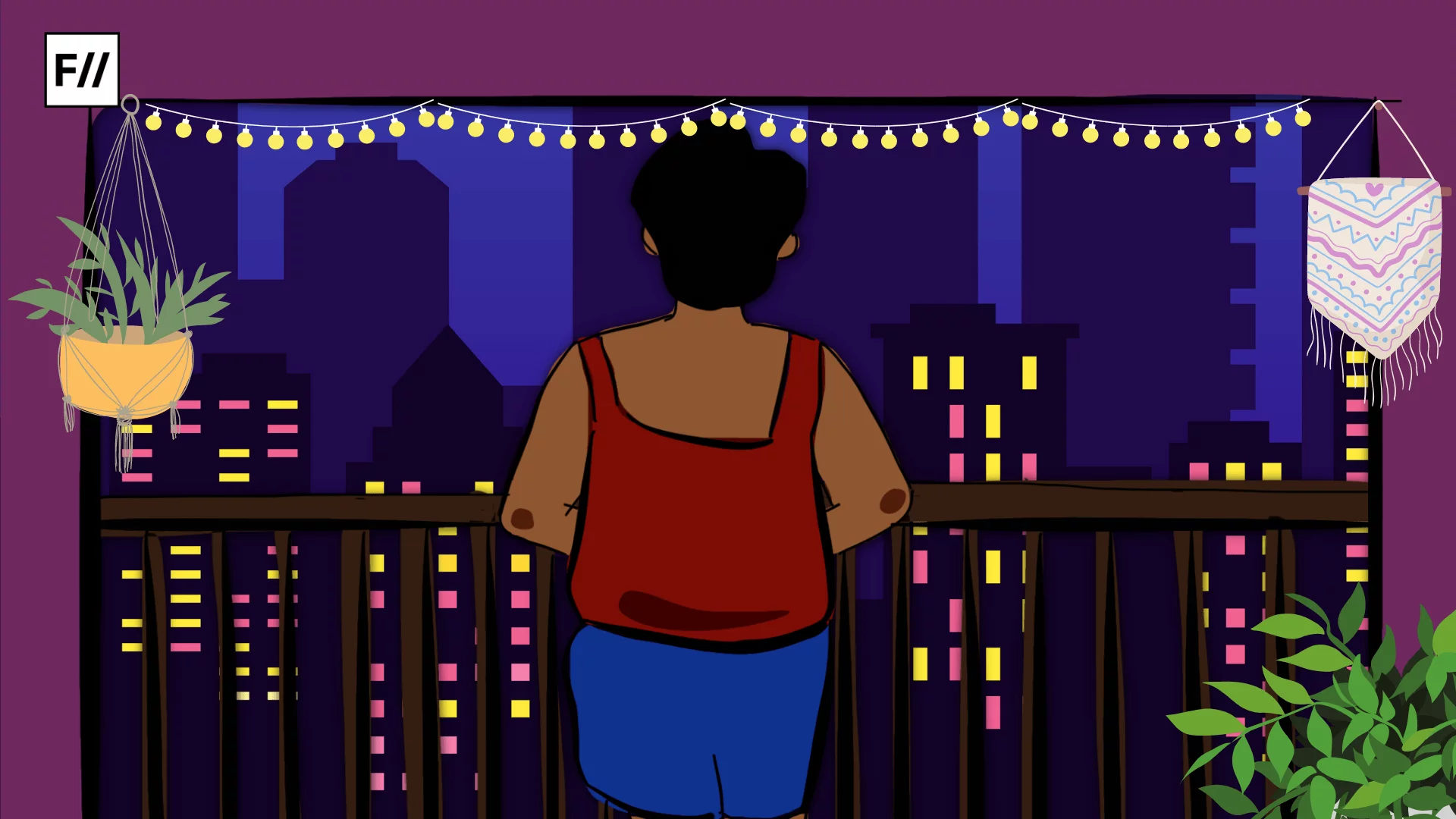
These changes can be as simple as men in the family sharing housework, a brother or husband making tea for guests, or a wife or mother taking time for herself. It also involves female members making their own decisions and not feeling accountable to the men around them for their choices, whether good or bad. Such small actions can collectively usher in a wave of gender equality that begins within the family and extends into society.
I strongly believe that these changes, though small and often underrated, have the potential to initiate a wave of gender equality at the family level, which will then cascade into society. Only then we will be able to achieve equal agency for both men and women.
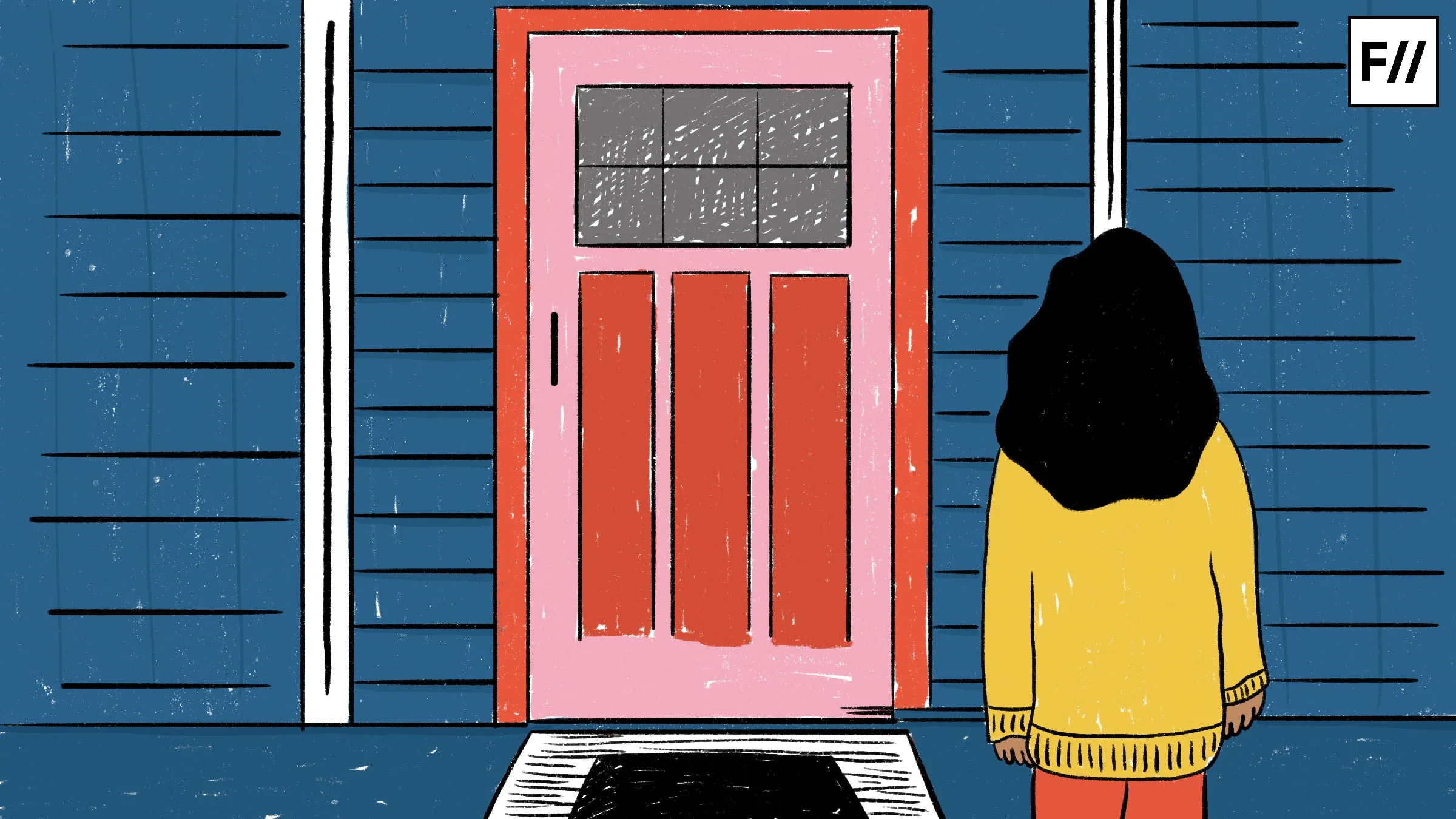

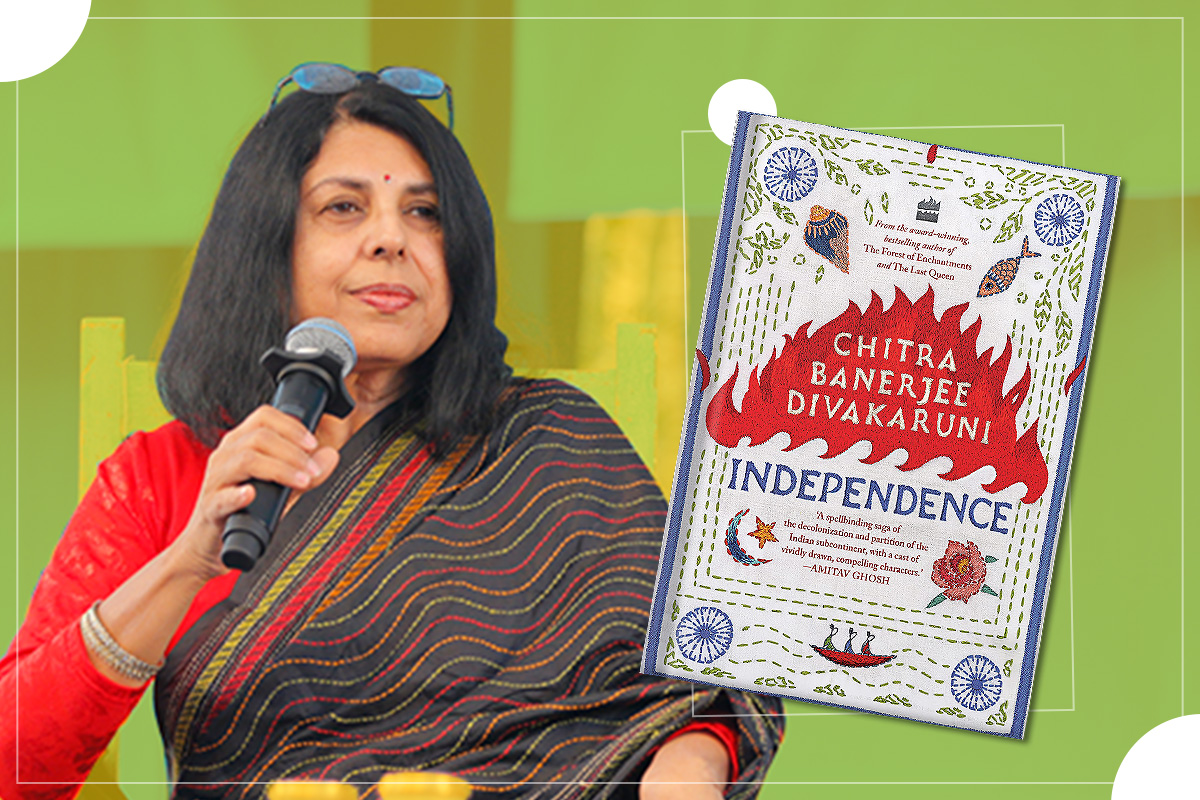


We need these kind of articles.
Please publish more of such contents.
Each small fire, once sparked, can grow into a powerful MASHAL, lighting the way for justice and change.
We must not merely start somewhere — we must start with the right questions. Culture, values, and beliefs should never form the foundation of an unjust society. It is our duty to question the norms and ideologies that perpetuate inequality, no matter how deeply rooted they are.
Only by challenging these beliefs can we pave the way for a future where fairness and equality are not just ideals, but lived realities for all.